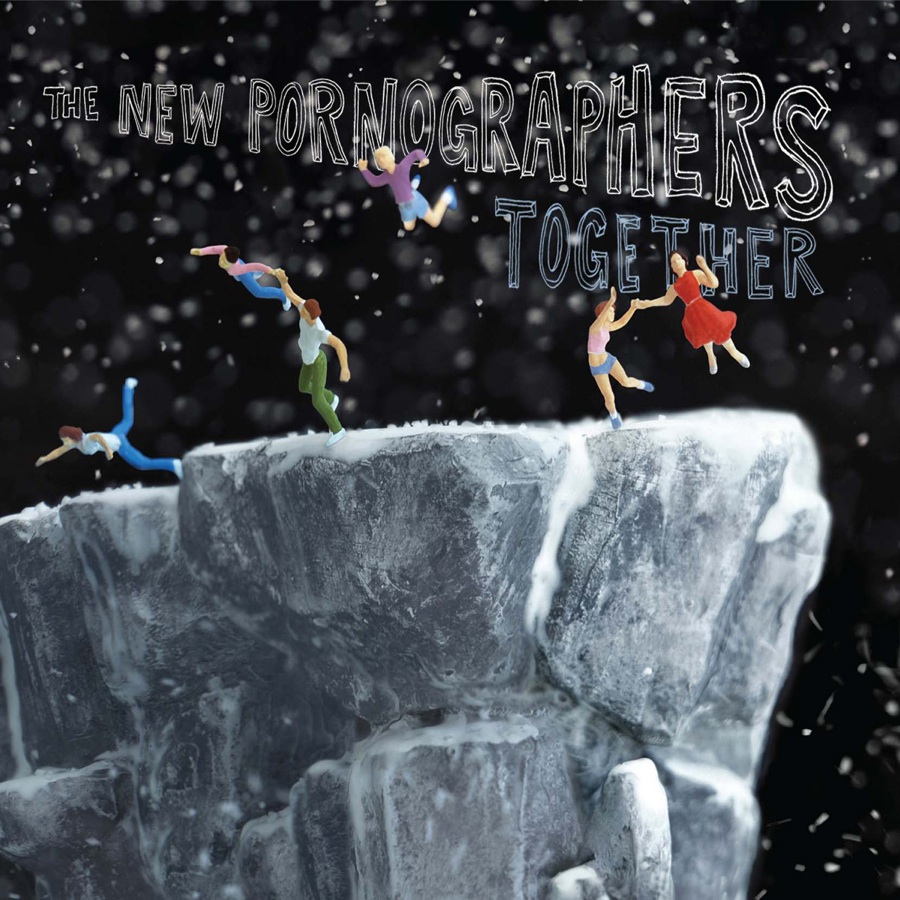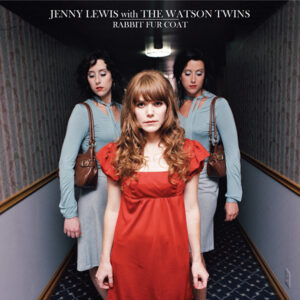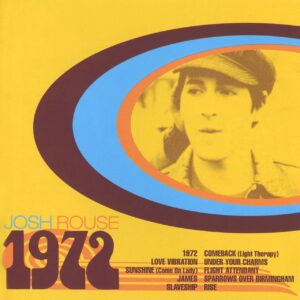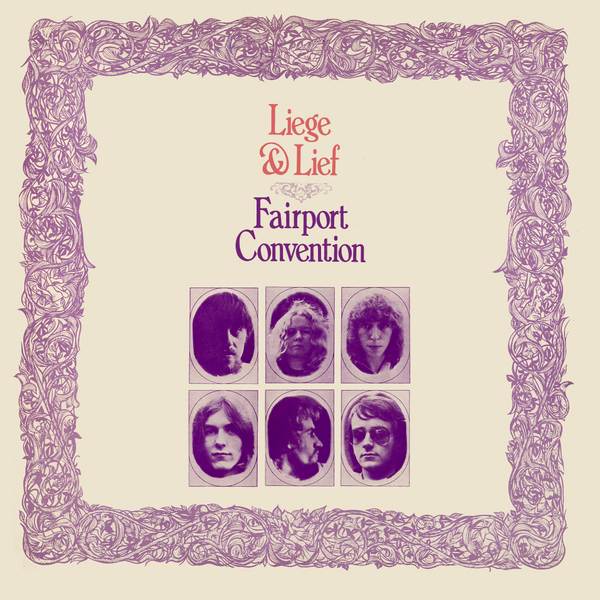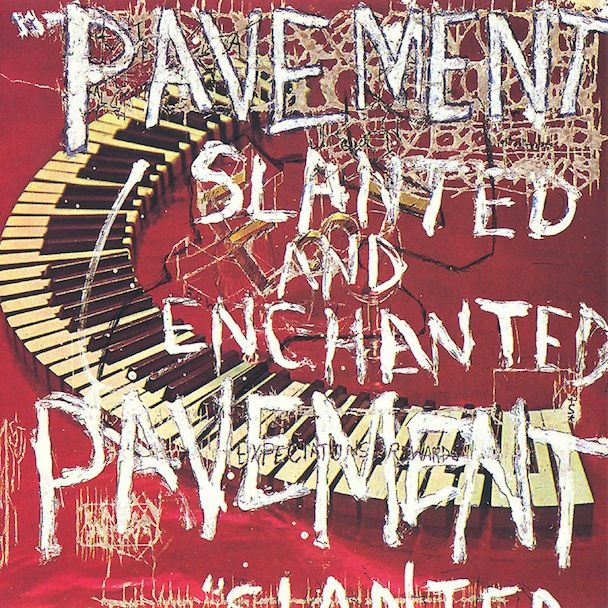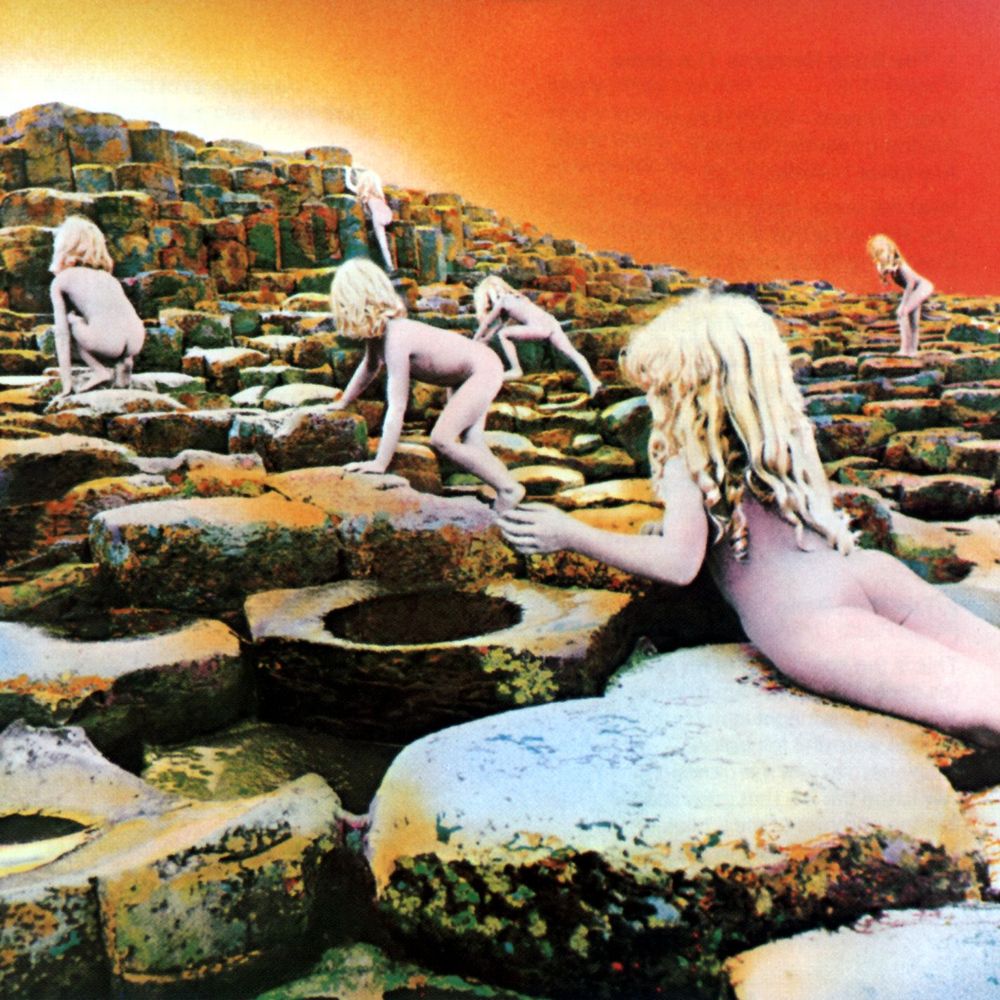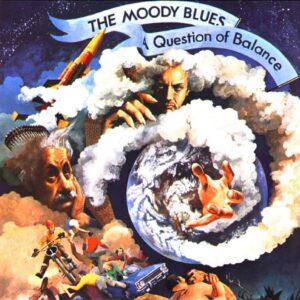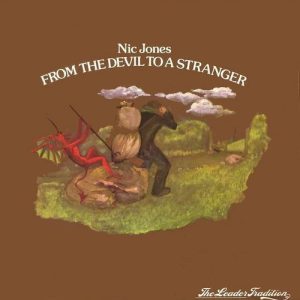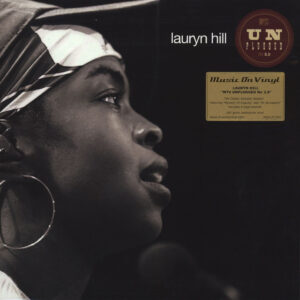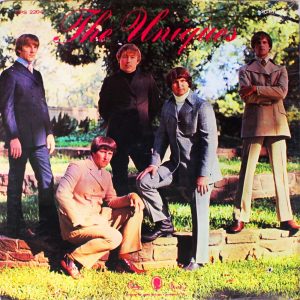
Canadian indie pop band The New Pornographers took their name from a 1966 Japanese anthropological film, The Pornographers. The term supergroup has always felt a little misleading for this conglomerate of musicians. Most of the members were only known within the Canadian music scene. The success of the parent band helped to raise the profile of Destroyer’s Dan Bejar and Neko Case.
Introduction
Carl Newman was the leader of Zumpano, a 1990s power pop band, who formed The New Pornographers in 1997, recruiting members of other Canadian bands, including Bejar, Case, bassist John Collins, and keyboardist Blaine Thurier. Drummer Kurt Dahle was added in 1999, lead guitarist Todd Fancey in 2003, and Newman’s niece Kathryn Calder was added as an additional female vocalist in 2005.
The group was originally intended as a side project, but immediately attracted attention with debut album Mass Romantic. While later albums have become more sophisticated and subdued, they’ve largely followed the same formula – intricate, energetic pop songs, with harmonies and lead vocals shared between Newman, Case, and Bejar. While Newman writes most of the material, Bejar has contributed a handful of songs to each of the band’s albums, and his sardonic delivery and cryptic song-craft help to balance Newman’s enthusiastic sweetness.
Newman’s lyrics are rarely straightforward either – his words are often chosen for their sound rather than their meaning. But that just puts attention on the band’s musicality – Newman’s a sophisticated writer who is influenced by tune-smiths like Brian Wilson and Jimmy Webb. The players in the band aren’t necessarily flashy, but they’re good at adding colour to Newman and Bejar’s complex compositions.
You could argue that the band have had diminishing returns over their more recent albums, and most people prefer their first three albums, but at the same time, I have no desire for the band to change direction – even their weaker material has plenty of merit, as not many bands can match their sophisticated songwriting and harmonies, and at their best they’re arguably the pinnacle of indie pop.
Newman, Case, and Destroyer all have very worthwhile solo careers too, which deserve their own pages at some point.
The New Pornographers Album Reviews
Mass Romantic | Electric Version | Twin Cinema | Challengers | Together | Brill Bruisers | Whiteout Conditions | In The Morse Code of Brake Lights | Continue as a Guest
Favourite Album: Twin Cinema
Overlooked Gem: Challengers
Mass Romantic
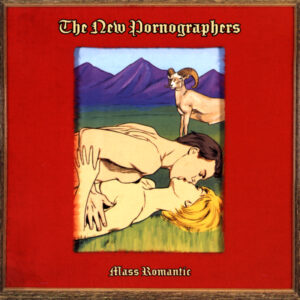
2000, 7.5/10
The band’s debut was recorded over a few years – the first songs were created in early 1998, but it took the band, initially a side project for its members, until late 2000 to complete enough songs for the album. The album sets a template for all their subsequent work – the shared vocals of Newman, Case, and Bejar, and the writing formula of Newman’s songs broken up by three Bejar compositions. But at the same time, it’s where I differ most from consensus about the group – this is one of the lesser New Pornographers albums in my opinion as it’s relentlessly uptempo and upbeat, and it doesn’t give all the musical ideas a chance to sink in.
At the same time, it does seem churlish to rate this album too low, when it’s so much more sophisticated than the group’s guitar pop contemporaries – these songs ave complex chord changes that are far more advanced than the three chord rockers you might expect to find in power pop. My favourite songs here are the punchiest, closest to the direction that the group would explore on their next record, The Electric Version. ‘The Fake Headlines’ is punchy and effective, while ‘The Body Says No’ and ‘The Mary Martin Show’ have exuberant choruses and hooks. Bejar’s ‘Jackie is another hooky piece, while Neko Case’s commanding vocals dominate ‘Letter From An Occupant’.
Mass Romantic is a strong debut, full of stunningly inventive guitar pop, it’s just that The New Pornographers have a bunch of records that I like even more.
Electric Version
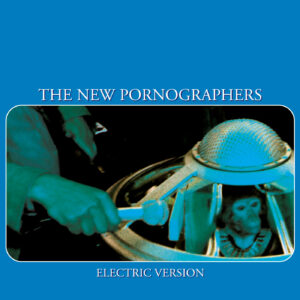
2003, 9/10
The New Pornographers added guitarist Todd Fancey to their lineup, giving their second album a punchier, more guitar heavy sound. It works for them; the focused, direct sound grounds their sugary songs and makes them more accessible. So where the debut occasionally felt a little too clever for its own good, Electric Version is a collection of infectious pop songs that barrel along effortlessly.
My favourite song here is ‘From Blown Speakers’, which builds from a wiry beginning to a majestic chorus, but the centrepiece is ‘The Laws Have Changed’, a stirring anthem where the vocalists trade verses. The simple ‘July Jones’ is straightforward and effective. Bejar’s material is also more direct than usual – ‘Chump Change’ is one of my favourite songs from the record, especially the closing tagline, while ‘Testament to Young in Verse’ also builds into a beautiful coda.
Even though I stylistically prefer The New Pornographers later, more relaxed records, rather than the sugary overdrive of The Electric Version, the material is so strong here that it’s nigh irresistible.
Twin Cinema
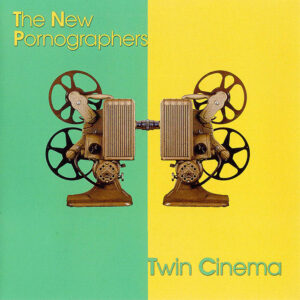
2005, 10/10
I’m not the only pundit who regards Twin Cinema as The New Pornographers’ peak – it’s often cited as their best record. In retrospect it’s the perfect compromise between their early energy and their later, more textured records – both sides of the band are captured here. Accordingly, it covers a lot of ground – ‘Star Bodies’ isn’t too far from ‘The Laws Have Changed’ on the last record, but the first half of Bejar’s ‘Streets on Fire’ isn’t much more than a single acoustic guitar strum, while closer ‘Stacked Crooked’ throws in a demented mariachi section that’s more sonically ambitious than anything on their first two records.
Varying the tempos and arrangements simply allows the band to dazzle with their brilliance even more – the vocal arrangement of ‘Falling Through Your Clothes’ is spellbinding, but it’s Neko Case’s two spotlight pieces that are my favourites here, even if they’re less dramatic than her usual New Pornographers’ numbers. ‘The Bones Of An Idol’ withholds its guitar riff until halfway through, and when it appears, it’s the magic that takes the song to a new level. The gentle ‘These Are The Fables’ starts gently, before the drums, the vocal tags, and the pounding piano all serve to take it up a notch. It’s almost unfair to single songs out on an album filled with gems, but the opening title track is urgent and hooky, and ‘Sing Me Spanish Techno’ contrast trippy verses with a crisply harmonised chorus.
Twin Cinema is a good candidate for the best album of its entire decade, a pop masterpiece brimming with inspired ideas.
Challengers

2007, 8.5/10
Newman’s niece Kathryn Calder was added to The New Pornographers for Challengers, as Case’s blossoming solo career meant that she wasn’t always available live. Calder also plays keyboards, and both her and Case provide vocals, and another voice gives the band’s intricate harmonies even more options. Challengers is very much a sequel to Twin Cinema; if anything it’s even more subdued, with the group exploring more mellow material.
My favourite songs tend to be the mellow ones – Newman and Calder duet on the pretty title track, while Case sings lead on the gentle ‘Go Places’. Bejar’s ‘Myriad Harbour’ is one of my favourite songs he’s contributed to the band, while the pulsating guitar of ‘Failsafe’ fuels another highlight. There’s still plenty of energetic material, like ‘All The Old Showstoppers’ and ‘All The Old Showstoppers’, but the milder songs to dominate.
Even though it feels like a step down after the amazing Twin Cinema, Challengers is still an excellent album of intricate yet accessible tunes.
Together

2010, 7.5/10
Together is often singled out as one of The New Pornographers’ weaker records, and it’s a step down from Challengers, but it’s still a strong album, full of clever, melodic songs. Compared to other New Pornographers records, it’s notable for the number of guest stars – St. Vincent, Beirut’s Zach Condon, Okkervil River’s Will Sheff, and the Dap-Kings Horns are among the guest musicians that appear on the record, unusual for the often self-contained band, but they generally blend into the band’s sound and aren’t especially distinctive.
Again, some of my favourites on this record come from Dan Bejar’s pen. ‘Silver Jenny Dollar’ is pure power pop, with the electric guitar riff in the intro contrasting with the acoustic guitar strumming in the verses. ‘If You Can’t See My Mirrors’ is gentle and pretty, although Newman’s ‘Valkyerie in the Roller Disco’ is even more gentle, centered around the piano. The string flourishes of the closer ‘We End Up Together’ give it a nice epic feeling, while the opening ‘Moves’ is a typically melodic, energetic start to proceedings.
It’s very mellow, and at times it misses the band’s earlier energy, but Together is still a very good pop record, even if it’s not quite The New Pornographers at their best.
Brill Bruisers

2014, 8/10
The New Pornographers often sound a little retro, but Brill Bruisers adds more of a modern sheen, with electronic squiggles. It’s more energetic and full sounding that their couple of previous efforts, and in a hypothetical world where the New Pornographers’ hooky, poppy songs enjoy radio play, the opening title track and Bejar’s ‘War on the East Coast’ sound more like hit singles than anything since Twin Cinema. Newman called Brill Bruisers “a celebration record… After periods of difficulty, I am at a place where nothing in my life is dragging me down and the music reflects that.”
The title track explodes out of the speakers with an assault of “bo-bahs” and an ascending melody line. It’s worth watching the music video of Bejar’s ‘War on the East Coast’ to see Newman enthusiastically lip-sync Bejar’s lines while Bejar wanders nonchalantly alongside him, but it’s a great song, part glam and part new wave. Other enjoyable pieces include the strident ‘Dancehall Domine’, Bejar’s gently simmering ‘Spidyr’, and the poppy ‘Marching Orders’.
Brill Bruisers isn’t quite The New Pornographers’ strongest set of songs, but almost fifteen years into their recording career, they still sound vibrant and energetic.
Whiteout Conditions
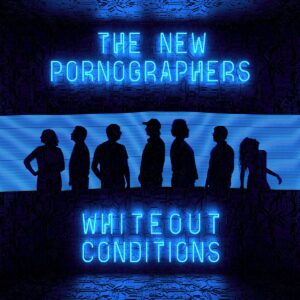
2017, 7/10
For their seventh album, The New Pornographers endured the most significant lineup changes of their career. Original drummer Kurt Dahle left the band, replaced by Joe Seiders, after Brill Bruisers. Whiteout Conditions is also the first New Pornographers album not to feature Dan Bejar – the recording schedule clashed with his work with Destroyer. Without Bejar’s more abstract songs, the band feel like they’re missing a vital element – while Whiteout Conditions is energetic and vital sounding, the band steer closer to generic territory without Bejar’s arty bray. Brill Bruisers added more electronic touches to the band’s sound, and they’re even more pronounced here, adding a sheen that’s part 1980s and part 21st century.
The lead single ‘High Ticket Attractions’ is my favourite piece here, an energetic call and response tune. Case takes the lead vocals on the galloping ‘This Is the World of the Theater’, and her magnetic voice provides another album highlight, underscoring an elegant Newman melody. Case also shines on the opener ‘Play Money’, while the gentle ‘We’ve Been Here Before’ showcases the group’s harmonies.
Whiteout Conditions is a valiant effort from Newman, but it’s difficult to regard it as one of The New Pornographers’ better albums when it’s missing Bejar.
In The Morse Code of Brake Lights
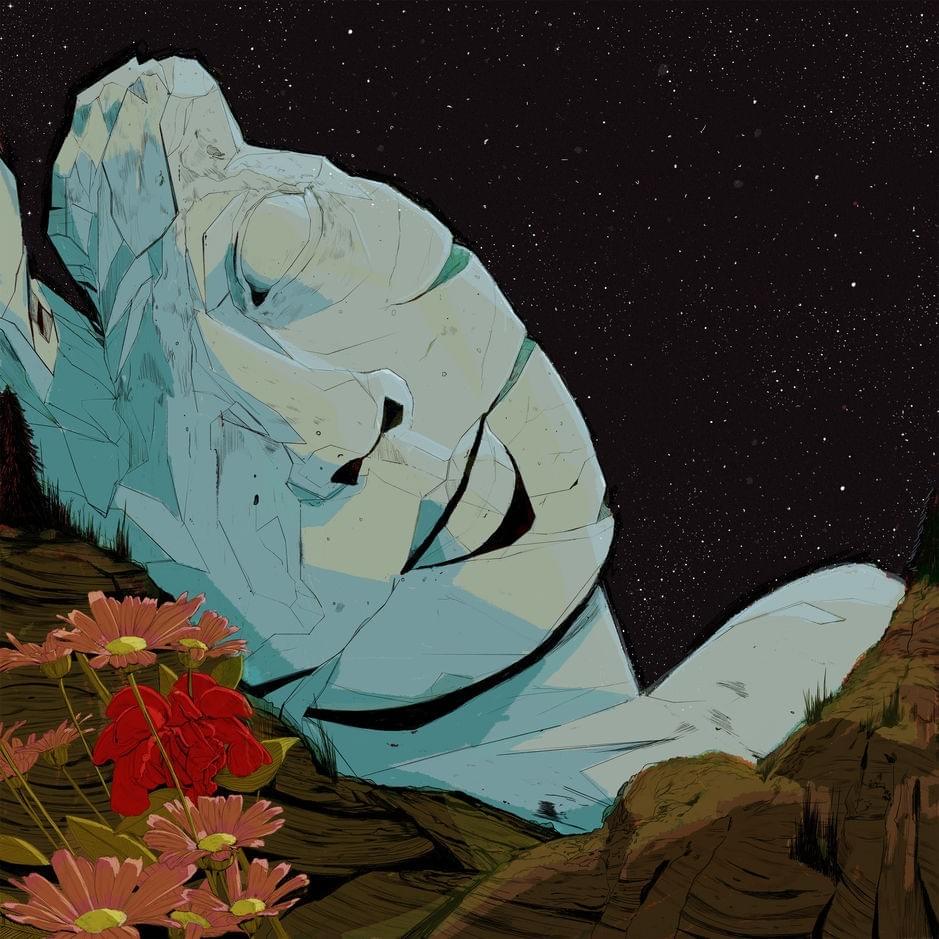
2019, 8/10
Whiteout Conditions suffered from the absence of Bejar; the three songs that he contributed always provided a sardonic yet welcome change of pace from Newman’s accomplished pop writing. Bejar’s not as missed on In The Morse Code of Brake Lights – The New Pornographers, on their eighth album, have added enough new elements to keep their sound interesting. Vocalist and violinist Simi Stone has previously toured with The New Pornographers, but In The Morse Code of Brake Lights is her first studio project for the group.
On Whiteout Conditions the band embraced more electronic sounds, and In The Morse Code of Brake Lights continues this direction. Songs like ‘Colossus of Rhodes’ and ‘Leather on the Seat’ are drenched in strings and synths that complement Newman’s intricate compositions. In the past, Newman’s lyrics were often based on sound as much as meaning, but in the current political current he’s occasionally direct; “deep in the culture of fear, we all hate living here” is an unusually straightforward lyric from the highlight ‘Higher Beams’.
The band’s musicianship is mainly used to serve the song, but as always there are great moments – a great John Collins bass-line drives ‘Falling Down the Stairs of Your Smile’, while Joe Seiders’ drumming adds some dynamism to ‘Colossus of Rhodes’. While most of the songs on In The Morse Code of Brake Lights are dressed up in intricate arrangements, Newman strips the cleverness right back on ‘You Won’t Need Those Where You’re Going’.
Based on chart placements and its ranking on RYM, In The Morse Code of Brake Lights has been less well-received than any of the band’s earlier records. But apart from listener fatigue, the lack of enthusiasm is inexplicable – it’s another high-quality record of accomplished pop songs that exhibits new facets of this venerable band, and it’s one of their stronger records of this decade.
Continue as a Guest

2023, 7/10
You could make a strong case that The New Pornographers are the best pop/rock band of the 21st century so far. They’ve delivered a catalogue full of clever songwriting, gorgeous harmonies, and accomplished arrangements. They’ve continued despite the loss of Dan Bejar, whose more cryptic delivery contrasted with the more conventional songcraft of leader AC Newman. Their ninth album was constructed during the COVID pandemic, with the band working remotely in different studios. Newman raided their back-catalogue for inspiration, recycling previously unused tracks. The addition of saxophonist Zach Djanikian adds a different dimension to the band’s sound.
Continue as a Guest feels a little less ebullient than the band’s best work, perhaps reflecting its less organic origins. But the craftsmanship is still there, as are the harmonies of Newman, Neko Case, and Kathryn Calder. There are strong songs – the creatively titled ‘Pontius Pilate’s Home Movies’ moves along on a strong groove and a memorable hook, while ‘Firework in the Falling Snow’ thrives on its gentle tension. There are also pretty mellow tunes like ‘Bottle Episodes’ and the pretty harmonies of ‘Last and Beautiful’. But the band’s hit rate is lower thank usual – the title track is dull and the uncharacteristically straightforward sentiments of ‘Cat and Mouse with the Light’ spoil a promising tune.
Continue as a Guest is worthwhile, but Newman and company have released a string of better records earlier in their career.
Ten Favourite New Pornographers Songs
These Are The Fables
The Laws Have Changed
The Bones Of An Idol
From Blown Speakers
Challengers
Silver Jenny Dollar
Brill Bruisers
Higher Beams
Sing Me Spanish Techno
Myriad Harbour
Return to 2000s Reviews
Related Pages
Review Pages
Read about the discographies of musical acts from the 1960s to the present day. Browse this site's review archives or enjoy these random selections:
Blog Posts
I add new blog posts to this website every week. Browse the archives or enjoy these random selections:
